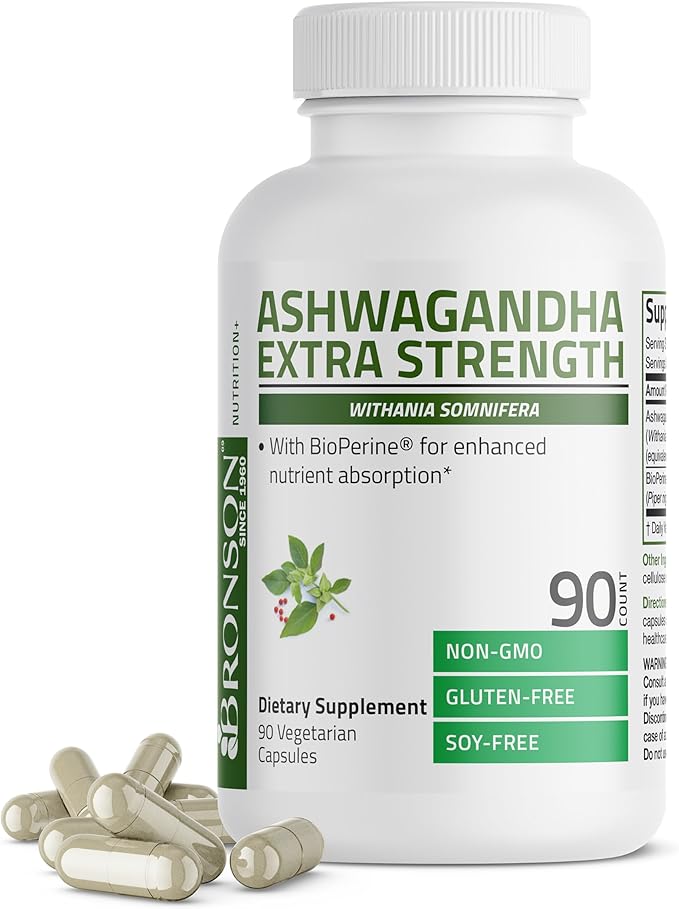Can you take Adenosylcobalamin and Methylselenocysteine together?
Interaction Details
Taking Adenosylcobalamin and Methylselenocysteine together has a potential for good synergy due to their roles in energy production and antioxidant defenses, suggesting a rating of 4 out of 5.
Adenosylcobalamin, a form of vitamin B12, plays a crucial role in the metabolism of fatty acids and amino acids, contributing to energy production. Methylselenocysteine is an organoselenium compound that acts as an antioxidant, potentially protecting cells from damage. The synergy between them could stem from their complementary roles in cellular protection and energy metabolism. Adenosylcobalamin supports the mitochondrial function, and Methylselenocysteine may help mitigate oxidative stress that can impair mitochondrial function. Together, they may enhance cellular energy production while protecting against oxidative damage, potentially leading to improved overall cellular health and function.
Potential Benefits
Potential Risks
Adenosylcobalamin
Adenosylcobalamin is a form of vitamin B12, crucial for energy production, nerve function, and the formation of red blood cells. It is one of the active forms of vitamin B12, playing a significant role in the metabolism of fatty acids and amino acids.
Methylselenocysteine
Methylselenocysteine is an organoselenium compound found in certain plants, particularly those that accumulate selenium, such as garlic and broccoli. It is known for its potential anticancer properties and is considered a more effective and safer form of selenium supplementation compared to other forms.
